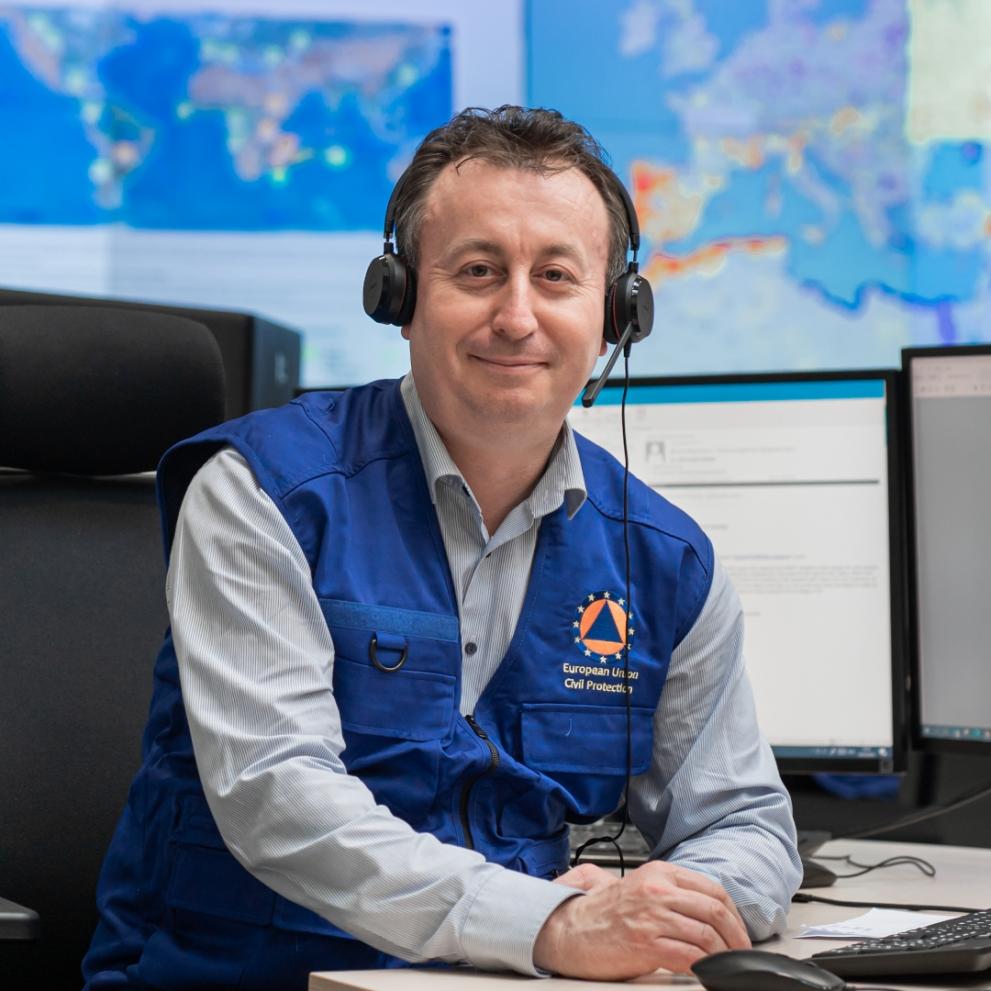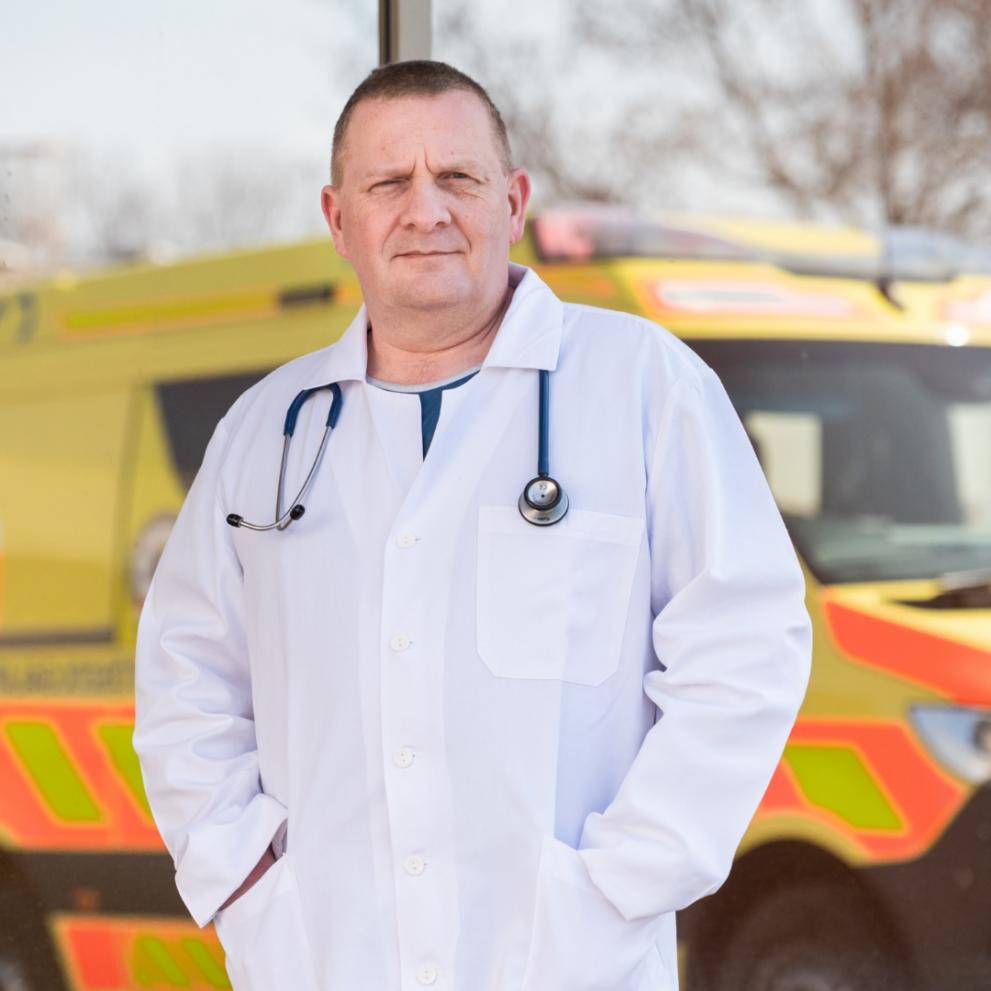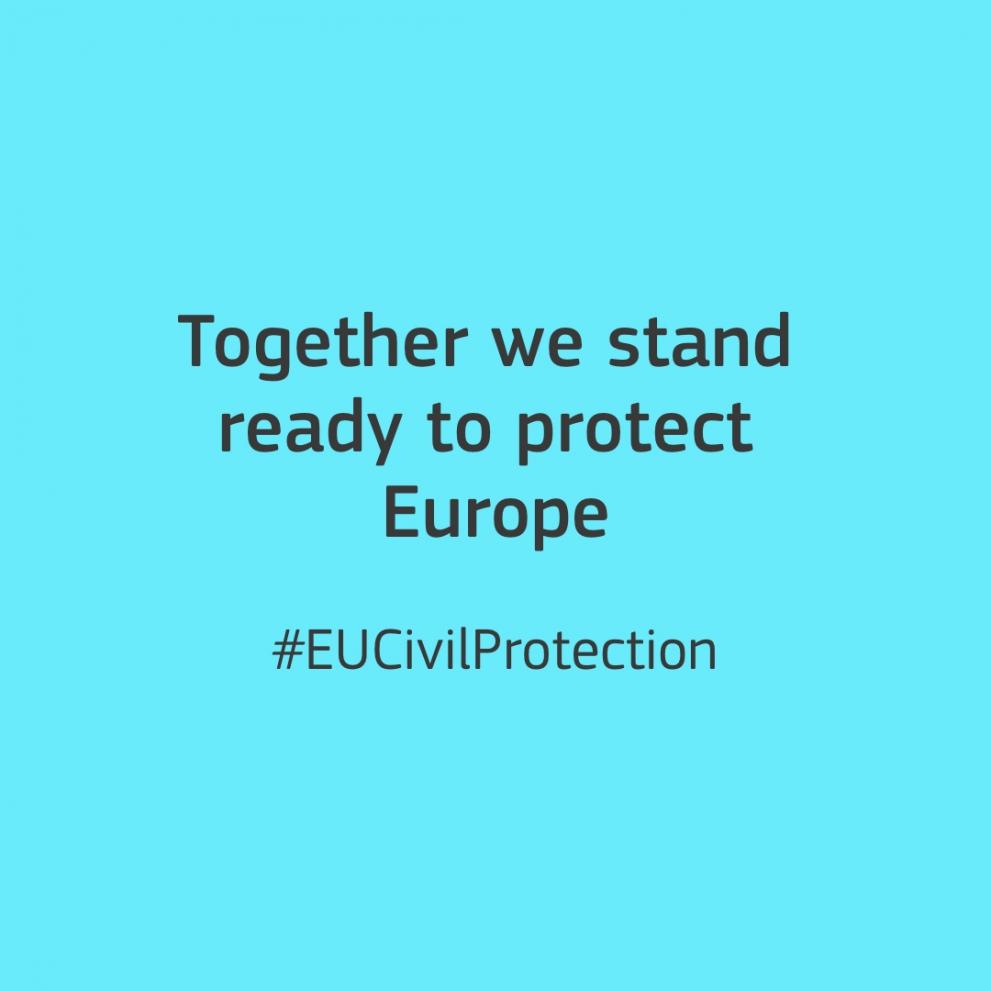It was a race against time where a lot could go wrong, but Hungary managed to accomplish it with the support of the EU’s Emergency Response Coordination Centre. Over 40 COVID-19 critical patients were transferred to 2 Hungarian hospitals to receive treatment there when Romania lost its capacity to do it.
Hit by an unprecedented surge in COVID-19 cases, Romania had ran out of the capacity to assist all its critically ill patients.
Medical structures in the country were struggling to deal with the level of pressure they faced, and so, in November 2021, 44 seriously ill and critical COVID-19 patients were transferred to 2 Hungarian hospitals to receive treatment there.
The operation was led by the Brussels-based Emergency Response Coordination Centre (ERCC), which coordinates the delivery of assistance from the 27 EU Member States and 6 participating third countries within the EU Civil Protection Mechanism.
The ERCC sources and coordinates help vis-à-vis countries facing crises, such as medical emergencies and natural hazards, and both Hungary and Romania play an important role within this Mechanism.
Convinced that solidarity is a 2-way street, EU Civil Protection officer Cristian Iacob and his team had no hesitation responding to Romania’s call for help when they received it.
“Since the beginning of the pandemic, Romania had helped other countries by sending medical teams inside and outside the EU,” says Iacob, who has 10 years of experience working with the ERCC.
“It was now their turn to ask for support and this support came immediately because other countries knew that the situation in Romania must have been very serious for them to be asking for help.”

An efficient mechanism
Help was provided by 2 Hungarian hospitals in the cities of Debrecen and Szeged.
Just over a year earlier, in April and May 2020, when countries closed their borders to limit the spread of the pandemic, Hungary had received assistance through the ERCC to organise 2 repatriation flights for its citizens stranded abroad. It was now its turn to support a fellow country within the Mechanism.
In Debrecen, Dr Gergely Nagy coordinated the hospitalisation and treatment of 11 critically and 15 seriously ill Romanian patients.
A specialist in emergency medicine with a focus on COVID-19 cases, Dr Nagy was not intimidated by the task.
“Taking care of cross-border patients presented some new challenges,” he says. “Luckily, though, we only needed to make some small adjustments to our available infrastructure and to the procedures we already had in place.”
Transferring the patients across the border, on the contrary, was an extremely complicated task. It could only work smoothly thanks to the level of cooperation among the 2 countries, with the support of the ERCC.

It’s about teamwork
Behind this efficient mechanism, EU Civil Protection officers worked day and night in the ERCC to solve the logistical and medical obstacles involved in the operation.
Fragile patients needed to be transferred from a country which was not part of the Schengen zone, meaning that border crossings were complicated and slow.
The patients needed constant medical assistance and their transfer was further complicated by the fact that they also had to take a flight. All officials involved in the operation knew that any delay in the transfers would put the patients’ lives at risk.
“In this case time was critical because those people were suffering and they had serious respiratory problems,” Iacob recalls.
The COVID-19 pandemic is not the only emergency during which Iacob and his team had to act as fast as possible in order to preserve lives.
“We know from earthquakes and natural hazards that every minute counts. Our job is about being on time or even beating time. It’s about being efficient. It’s about teamwork.”
According to Dr Nagy, the level of cross-border cooperation in such a sensitive and complex mission has surely set an example for the response to future medical emergencies requiring the transfer of seriously ill patients from one country to another.
“We gained immense experience,” he says.

